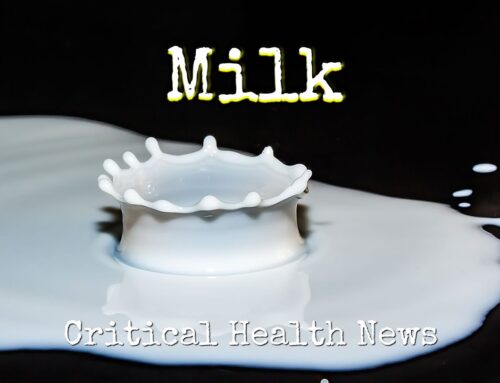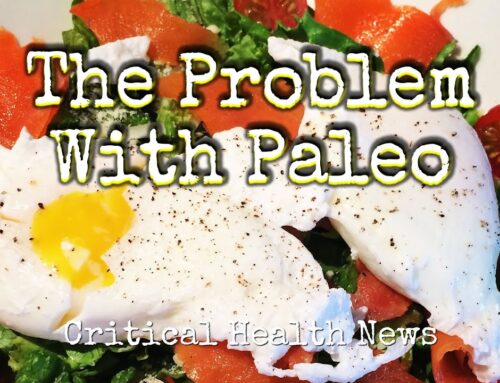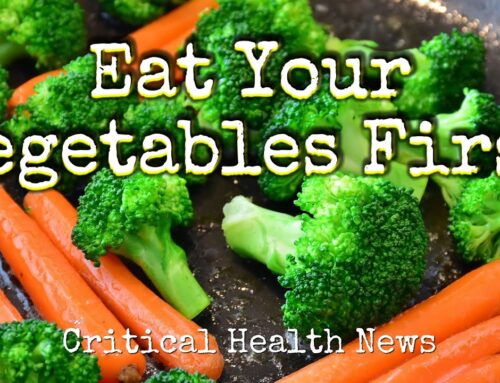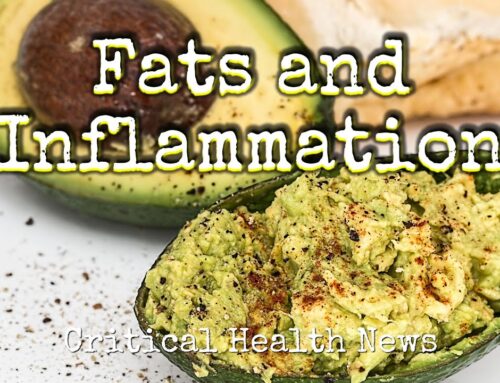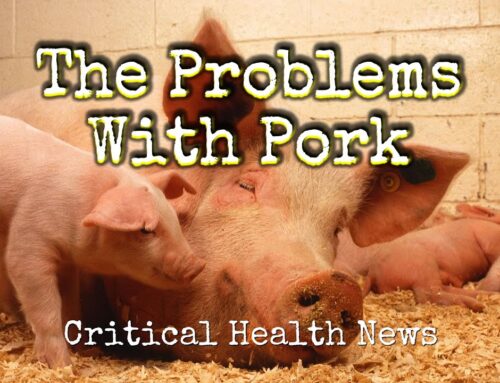With plant based diets rapidly becoming a thing, (according to a Gallop poll around 16million Americans identify as vegetarian) the controversy around protein sources is becoming more and more relevant. Although deficiencies in this important macro-nutrient are rare among most Americans, for those trying to avoid animal foods, getting enough protein on a daily basis may be a little bit trickier.
The average American consumes around a hundred grams of protein a day, but more may be required for those who are working out and for vegetarians who exercise, that can be a problem. Protein derived from non-veggie sources tends to be more concentrated than the protein that’s found in plants. That means less calories need to be ingested to get the same nutritional value from animal foods than from veggies.
Still, it’s possible for vegetarians to get their protein needs met. They just have to pay closer attention to what they are eating. Green vegetables are 50% protein. So, enjoy collard, kale, spinach and romaine lettuce can help. Beans, peas and lentils are good sources and contain 10-15 grams of protein per cup. Two slices of whole grain bread have about 10 grams. Plant protein also contains a wide variety of anti-oxidants and phytonutrients that are unavailable in animal foods.
Vegetarians should keep in mind however, that by upping their protein intake, they’ll be getting way more carbohydrates than carnivores. Plants also contain more allergens ant toxins than animal foods, which can be an important cause of immune reactions and digestive health issues too.



